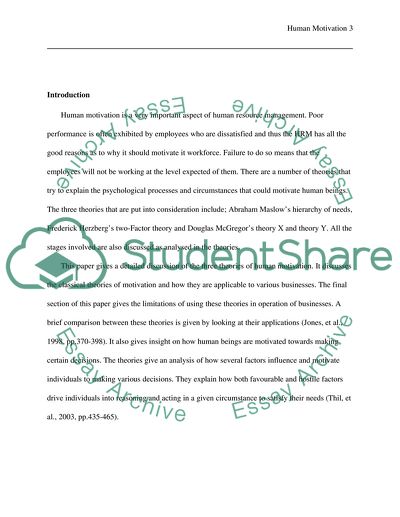Cite this document
(Psychological Theories Of Human Motivation Essay - 1, n.d.)
Psychological Theories Of Human Motivation Essay - 1. https://studentshare.org/psychology/1588853-describe-and-evaluate-psychological-theories-of-human-motivation
Psychological Theories Of Human Motivation Essay - 1. https://studentshare.org/psychology/1588853-describe-and-evaluate-psychological-theories-of-human-motivation
(Psychological Theories Of Human Motivation Essay - 1)
Psychological Theories Of Human Motivation Essay - 1. https://studentshare.org/psychology/1588853-describe-and-evaluate-psychological-theories-of-human-motivation.
Psychological Theories Of Human Motivation Essay - 1. https://studentshare.org/psychology/1588853-describe-and-evaluate-psychological-theories-of-human-motivation.
“Psychological Theories Of Human Motivation Essay - 1”. https://studentshare.org/psychology/1588853-describe-and-evaluate-psychological-theories-of-human-motivation.


